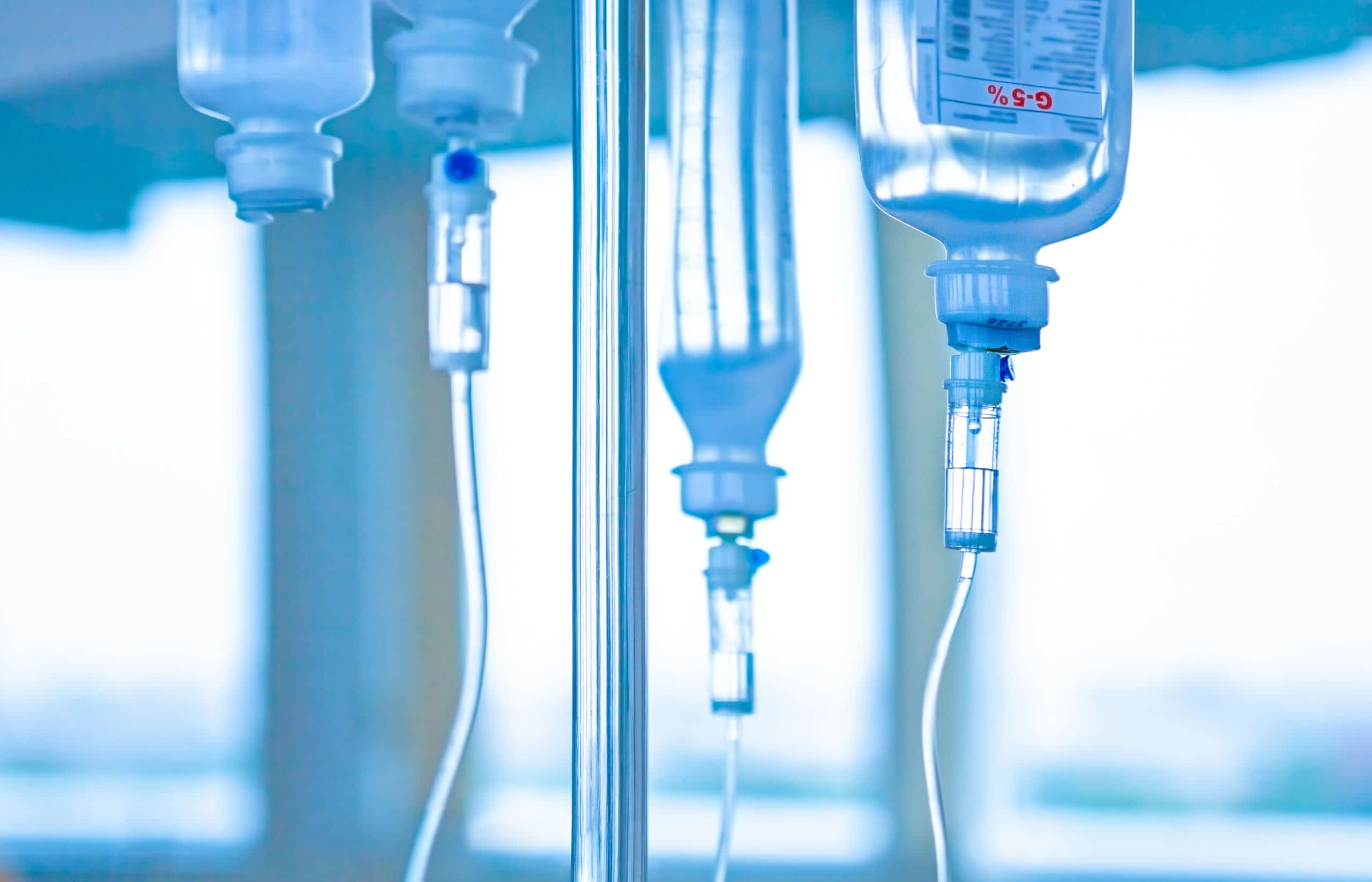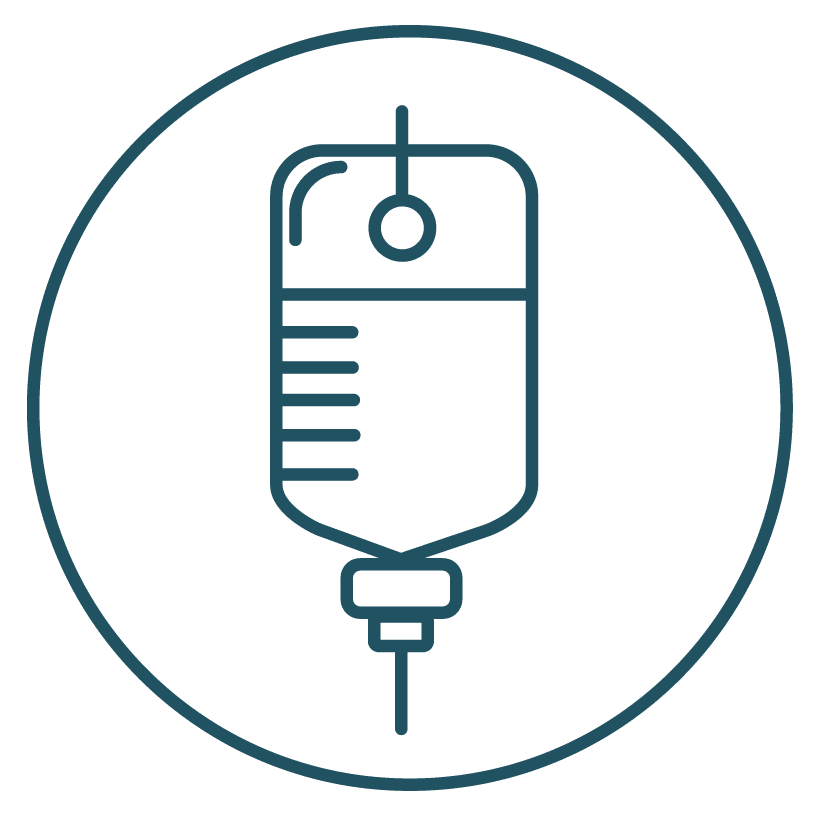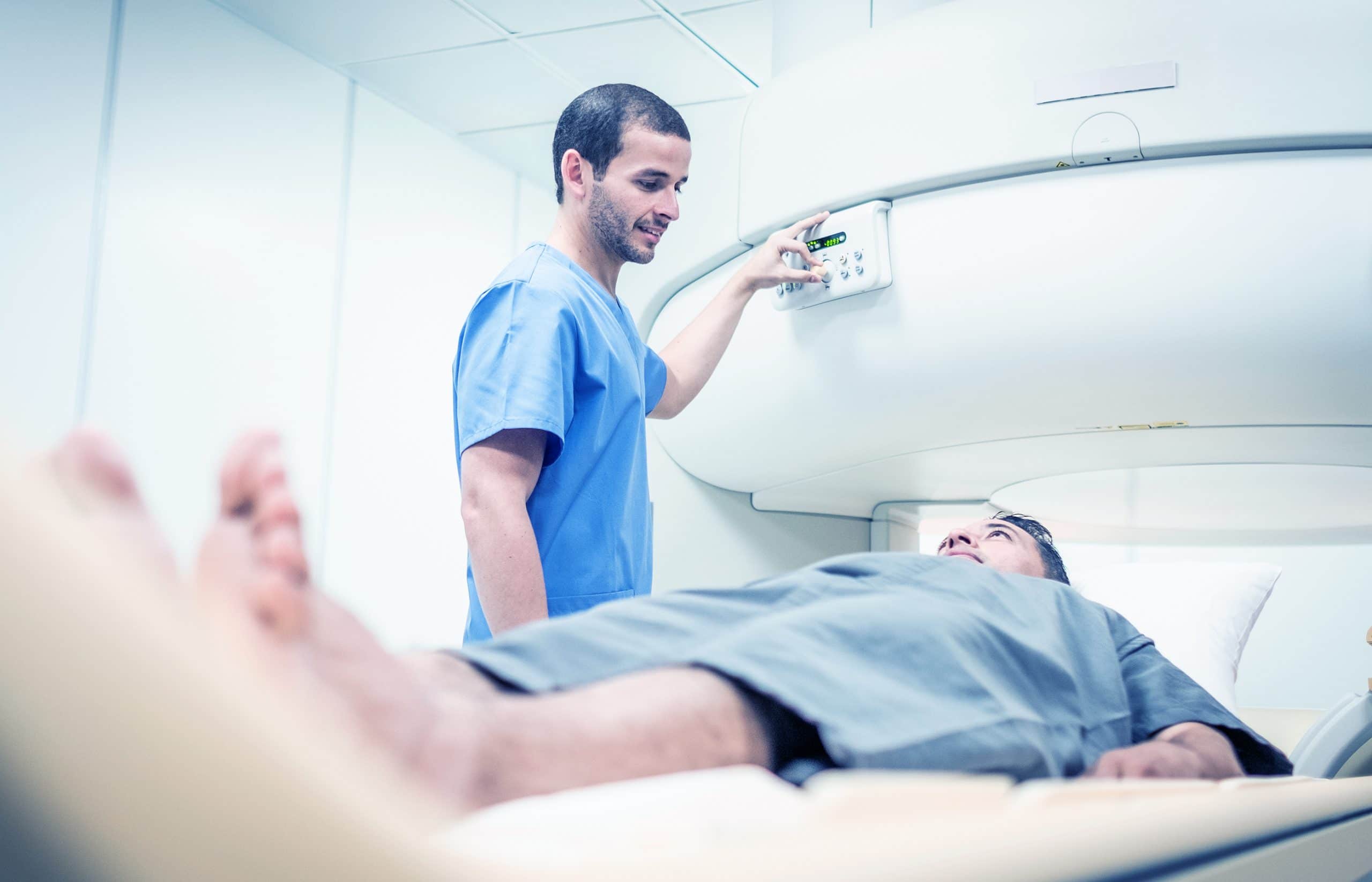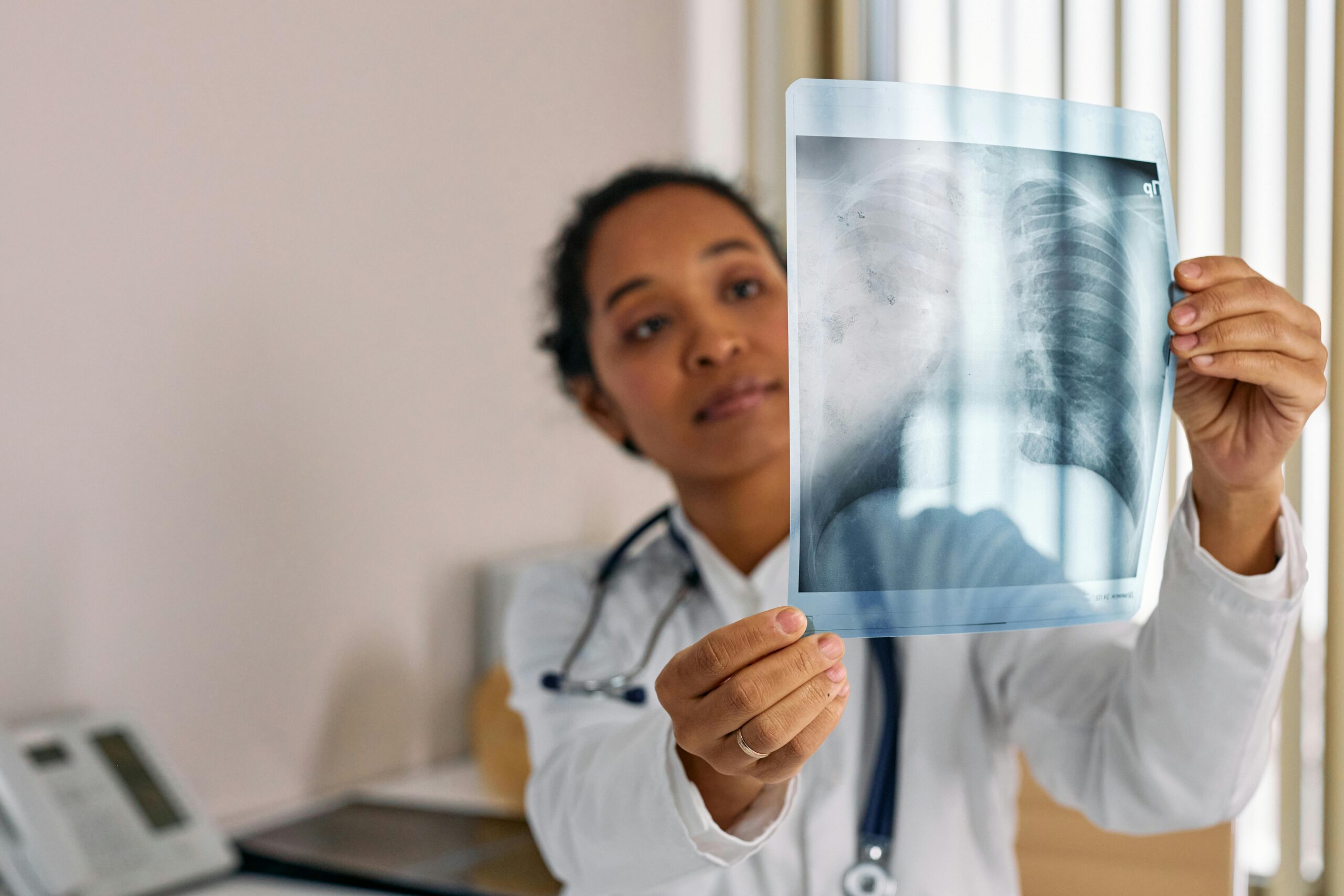Chemotherapy Medications for People Diagnosed With Lung Cancer
There are several types of chemotherapy medications that doctors can choose to administer to lung cancer patients. Learn about the different combinations of medications and what to expect.

Chemotherapy and Lung Cancer
There are several treatment options for lung cancer patients. These include chemotherapy, radiation, surgery, and targeted treatments like immunotherapy among others. Chemotherapy is the primary treatment option for lung cancer patients and encompasses several types of medications that doctors and researchers have developed over the years. Specifically, medications meant to kill or shrink cancer tumors. These drugs can be administered alone or in combination with other medications and/or primary treatments. Talk to your doctor on what the right treatment method is for you, whether that’s immunotherapy or chemotherapy. Some lung cancer therapies can even be administered alongside new or emerging treatments if the doctor recommends it.
How is Treatment Given?
A doctor or medical professional will generally administer chemotherapy intravenously (IV), meaning into the patient’s vein with a needle. The drugs will then circulate throughout the body through the bloodstream. The type of IV used is larger and sturdier than IVs used in other treatments.
Doctors give chemotherapy medications in cycles that last a specific amount of time. Overall treatment can last from 3 to 4 months and the cycles are spaced out to give the patient’s body time to rest and recuperate from the drug’s effects. The number of cycles and length of time they take depends on the types and combinations of drugs used for therapy, but most advanced cancers last from 4 to 6 cycles.
Am I Eligible for Chemotherapy?
Whether the doctor chooses this therapy for a lung cancer patient depends on several factors. These include the patient’s overall health, stage of lung cancer, and medical history. If the patient is not healthy enough or has undergone certain treatments, chemotherapy may not be a viable option.
Chemotherapy Medications
Lung cancer is divided into two main types, non-small cell lung cancer (NSCLC), and small cell lung cancer (SCLC).

Non-Small Cell Lung Cancer
This type of lung cancer is the most common. Since non-small cell lung tumors spread much slower, not all NSCLC patients will need to undergo chemotherapy. Related medications used to treat NSCLC include:
- Albumin-bound Paclitaxel (nab-paclitaxel, Abraxane)
- Carboplatin
- Cisplatin
- Paclitaxel (Taxol)
- Docetaxel (Taxotere)
- Gemcitabine (Gemzar)
- Vinorelbine (Navelbine)
- Etoposide (VP-16)
- Pemetrexed (Alimta)
These chemotherapy medications can be recommended for situations where the tumors are locally advanced and surgery isn’t an option, or when the tumors are metastatic (stage IV) and have spread to outside the lungs.

Small Cell Lung Cancer
SCLC typically spreads much quicker than NSCLC, so the disease typically isn’t caught until its later stages. Because of this, medications used to treat this type of lung cancer tend to be paired together for greater effect. Combinations can be:
- Cisplatin and etoposide
- Carboplatin and etoposide
- Cisplatin and irinotecan
- Carboplatin and irinotecan
- Lurbinectedin (Zepzelca)
In over half of patients diagnosed with small-cell lung cancer, tumors spread to the brain. In late-stage SCLCs, the doctor may prescribe preventative radiation therapy (to the brain) in combination with chemotherapy medications to help stop tumors from spreading there.
Side Effects
These types of chemotherapy medications can cause a range of side effects in non-small lung cancer patients. Patients may experience one, or a combination of adverse effects, but the amount and severity of side effects differ with each patient. Common side effects for NSCLC medications can encompass:
- Appetite loss
- Blood clots
- Constipation and diarrhea
- Fatigue
- Hair loss
- Lower resistance to infections
- Memory loss and concentration issues
- Nausea and vomiting
- Sores in the mouth and tooth decay
- Swelling of soft tissues (lymphedema)
- Tingling in hands or feet (neuropathy)
- Rash
- Chemotherapy Brain
Always reach out to your doctor if you exhibit severe symptoms that seem too difficult to manage. They may have additional medicine available to help combat the negative effects of treatment. Whether the patient experiences these adverse effects relies on the dosage of chemotherapy medications, length of treatment given, and patient medical history.
Post-Treatment Overview
Sometimes the time after treatment has finished can be hard to deal with. Call your doctor if side effects persist or if you otherwise feel unwell post-chemotherapy. Be sure to inform your doctor of any other medications or complementary treatments you may begin taking after your treatment, as they could have adverse reactions even after treatment has ended.


